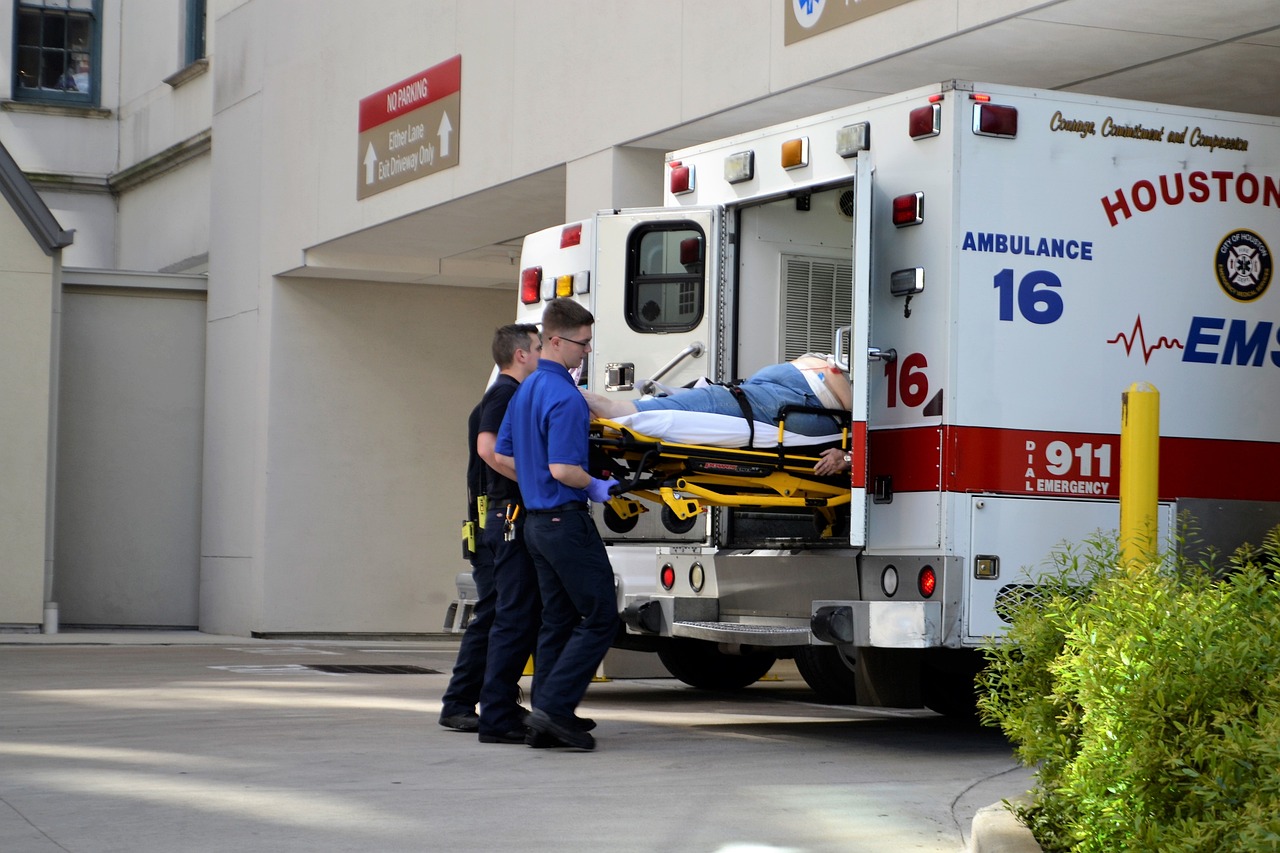Mental Health
Feeling of Well-Being Increases With Age
While most young people dread even the idea of aging, a new study suggests that it might not be that bad after all. The research suggests that aging may come with a few perks too.
Typically, aging is viewed as a sign of weakness and is often associated only with physical and mental decline. However, a comprehensive study of 1,006 older adults in San Diego by researchers from the University of California, San Diego School of Medicine and Stanford University contradicts this view with its findings.
The study involved a 25-minute phone interview with the participants, followed by a comprehensive mail-in survey.
"While there is a growing public health interest in understanding and promoting successful aging, until now little published research has combined measures of physical health with cognitive and psychological assessments, in a large and randomly selected sample," said principal investigator Dilip V. Jeste, MD, Estelle and Edgar Levi Chair in Aging, Distinguished Professor of Psychiatry and Neurosciences, and director of UC San Diego's Stein Institute for Research on Aging, and the current president of the American Psychiatric Association (which was not involved in this study).
The Successful Aging Evaluation (SAGE) study involved adults aged between 50 and 99 years. Apart from the chronic disease and disability in the participants, the survey also looked at their social engagement and self-assessment of their own overall health, Medical Xpress reported.
"Sometimes the most relevant outcomes are from the perspective of the subjects themselves," said Jeste.
The findings of the study reveal that resilience and depression significantly influence how individuals view and rate successful aging.
"Even though older age was closely associated with worse physical and cognitive functioning, it was also related to better mental functioning," said co-author Colin Depp, PhD, associate professor of psychiatry at UC San Diego School of Medicine.
After considering the age of the participants, the researchers found that a higher rating of successful aging was associated with higher education, better cognitive function, better perceived physical and mental health, less depression, and greater optimism and resilience, according to the report.
The findings revealed that even people with low physical functioning but high resilience rated successful aging similar to those who were physically healthy but had low resilience.
"It was clear to us that, even in the midst of physical or cognitive decline, individuals in our study reported feeling that their well-being had improved with age," Jeste said.
According to Jeste, this research suggests that if clinicians have an optimistic approach to the care of seniors, it may help reduce societal ageism.
"There is considerable discussion in public forums about the financial drain on the society due to rising costs of healthcare for older adults - what some people disparagingly label the 'silver tsunami.' But, successfully aging older adults can be a great resource for younger generations," he said.
"Perfect physical health is neither necessary nor sufficient," Jeste added. "There is potential for enhancing successful aging by fostering resilience and treating or preventing depression."
The findings of the research will be published in the Dec. 7 online issue of the American Journal of Psychiatry.









Join the Conversation